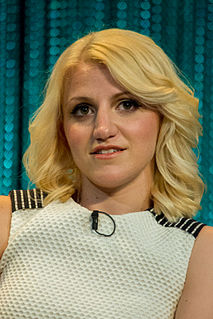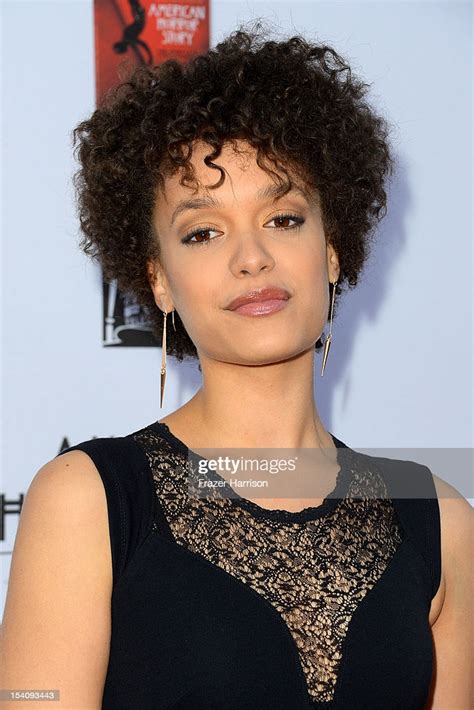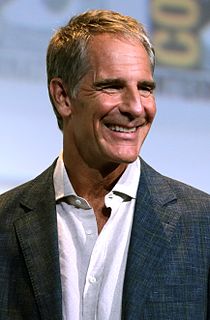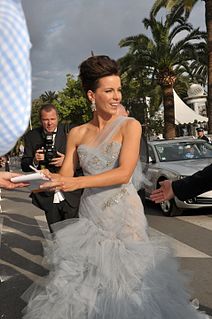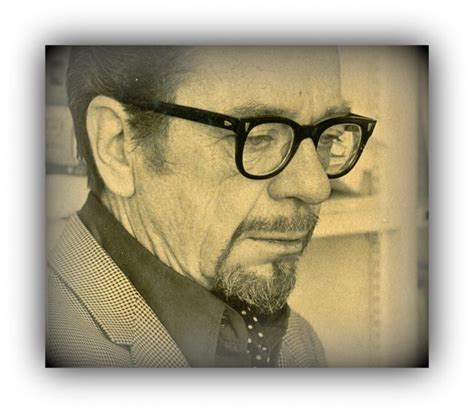A Quote by Annaleigh Ashford
Related Quotes
I immensely enjoy any experience directing. I've never hated it, and I've had bad experiences. At the end of the day, I just feel like I'm supposed to be on a set. I'm supposed to be working with creative people. I'm supposed to be working with actors and I'm supposed to be manning a project in this capacity. It's interesting.
I was interning at a children's theater group in Kentucky - that was my first job out of college. I had jumped around a couple of regional theaters, and I was about to go back to Maine to work at a summer Shakespeare theater there. I didn't want to just jump around the country from gig to gig. I really wanted to go to a city and get involved in a theater scene and a theater community.
A nation that does not support and encourage its theater is - if not dead - dying; just as a theater that does not capture with laughter and tears the social and historical pulse, the drama of its people, the genuine color of the spiritual and natural landscape, has no right to call itself theater; but only a place for amusement.
The way I try to explain it the best is that if Critic A from publication A hates our show, and Critic B from publication B loves our show, what are we supposed to do with that? We have to just respect everyone's opinions and go on making the show we want to make. I've never worked on a show that was altered by critical reception. You just can't afford to do that. So in that regard, it's actually no different that working in theater. It's just a lot more voices.
